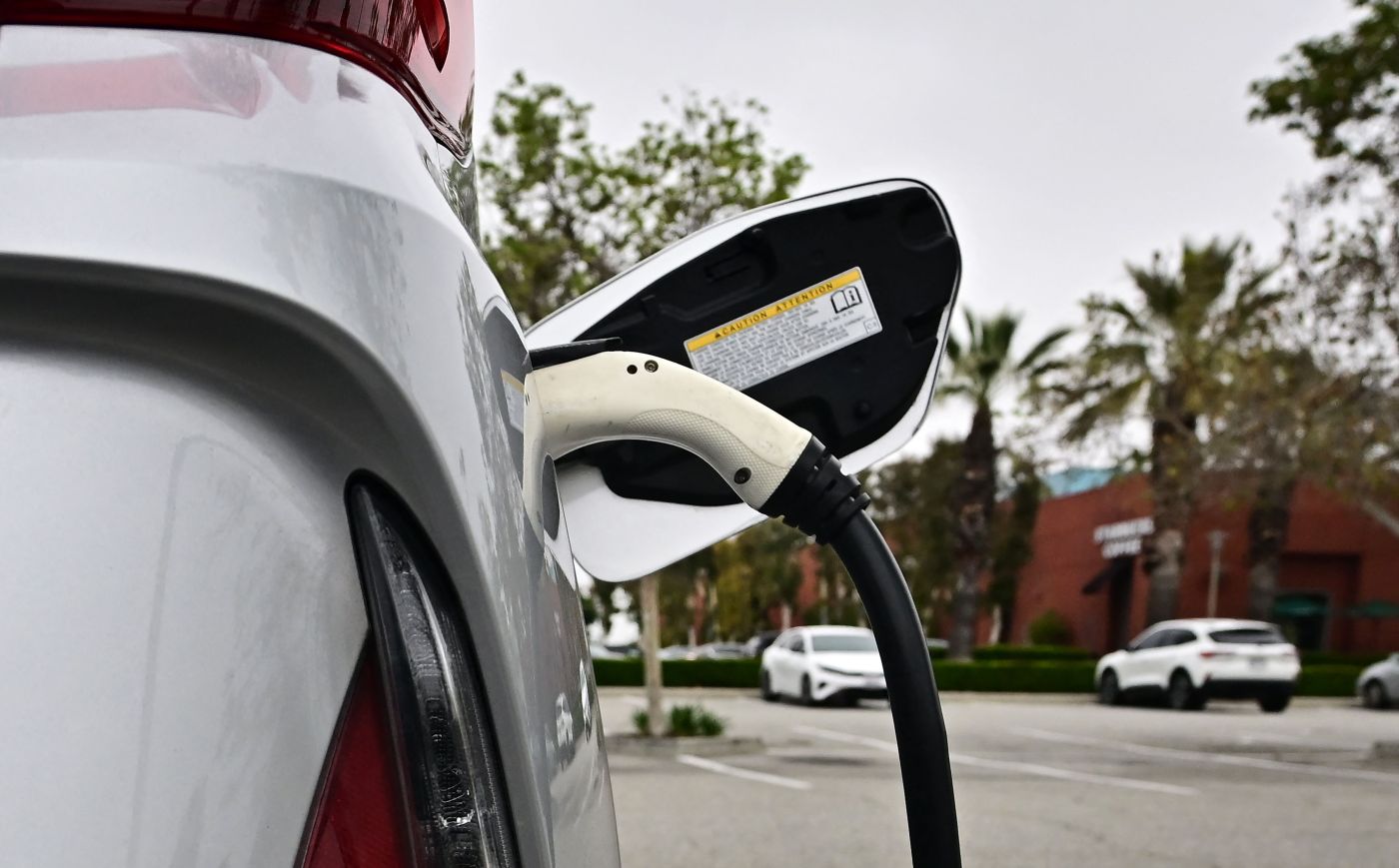
Editorial: Biden putting EV cart before the horse
“The secret to success is find a need and fill it,” the saying goes. It’s an adage political leaders should acquaint themselves with, as too many are determined to tell constituents what they need, and expect them to fall in line.
Such is the case with electric vehicles.
New Jersey is the latest to jump on the anti-fossil fuel bandwagon, announcing that it will phase out the sale of new gas-powered cars by 2035, The Hill reported.
The Advanced Clean Cars II rule, set to take effect Jan. 1, will make the New Jersey the 11th state to go down this road, joining Vermont, Washington, Oregon, Massachusetts, California, New York, Virginia, Rhode Island, Maryland and Connecticut.
There’s just one problem: The market for electric vehicles is low on power.
As the Detroit Free Press reported, Ford is reducing its commitment to a planned Michigan electric vehicle battery facility by 800 jobs and more than $1 billion, moves that will reduce the plant’s production capacity by roughly 40%.
The Dearborn automaker is resuming work at the site after a two-month pause and still intends to meet its goal to open the plant by 2026, a company spokesman said this week.
The announcement is a drastic shift from the promised 2,500 jobs and $3.5 billion investment revealed earlier this year by Ford and Gov. Gretchen Whitmer.
“We’ve been studying this project for the past couple of months. I think we’re all aware EV adoption is growing, and we expect that to continue, actually. But it’s not growing at the pace that I think ourselves and the industry had expected,” Ford spokesman Mark Truby said.
“We want to be really disciplined about how we allocate capital and think about matching production and future capacity based on demand.”
Why ramp up supply when the demand isn’t there?
Ford projected earlier this year that its EV division was projected to lose a $4.5 billion in 2023 alone despite higher revenues, according to Fox News. Last month, the company reported a loss of $1.3 billion in its EV division during the third quarter, the period between July and September.
President Biden wants half of all U.S. car purchases to be zero-carbon by 2030. EV sales are expected to hit 9% of all passenger vehicles in the U.S. this year, according to Atlas Public Policy. That’s up from 7.3% of new car sales in 2022.
It’s an increase, but not the skyrocketing demand Biden’s green energy push is counting on.
You can’t make people buy something they don’t want (remember New Coke?) And you certainly can’t make people buy things they can’t afford, no matter how much you tell them they should do so for the planet.
Biden and Co. continue to ignore the realities of life for middle and lower income Americans. They buy cars they can afford and keep them as long as they can, or buy another one used. According to data from Cox Automotive, parent of Kelley Blue Book, the average transaction price for electric cars was $53,469 in July.
Biden sold the sizzle before the steak was cooked, pushing for EV tax credits and investments without considering the seismic transition that was being asked of Americans, and the economic realities they face.
Editorial cartoon by Steve Kelley (Creators Syndicate)


